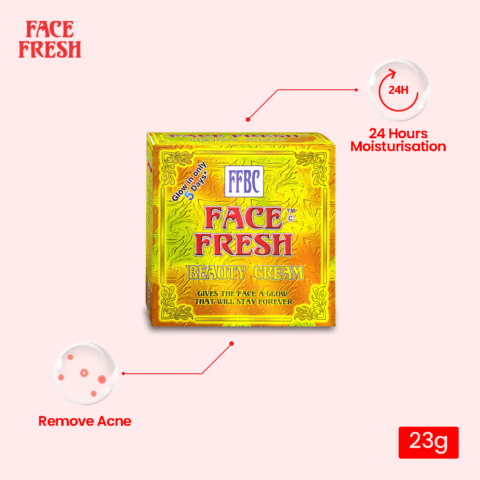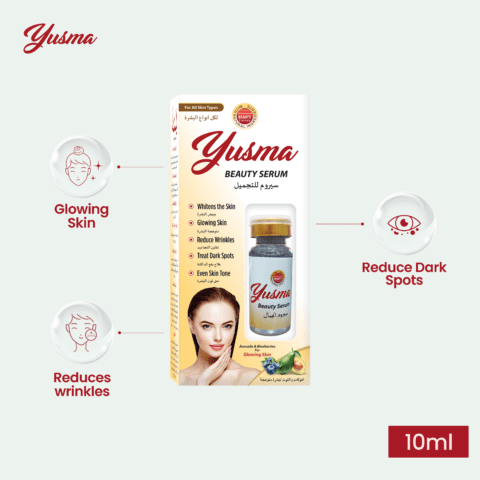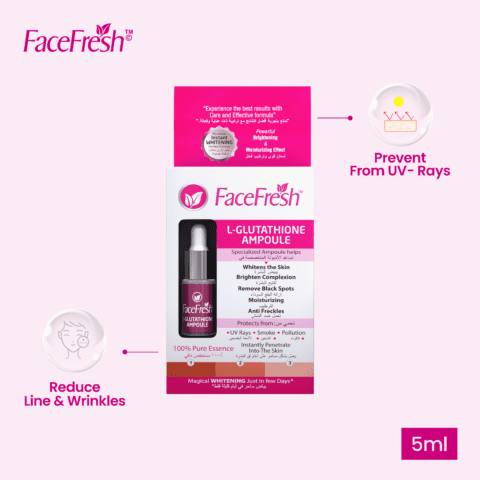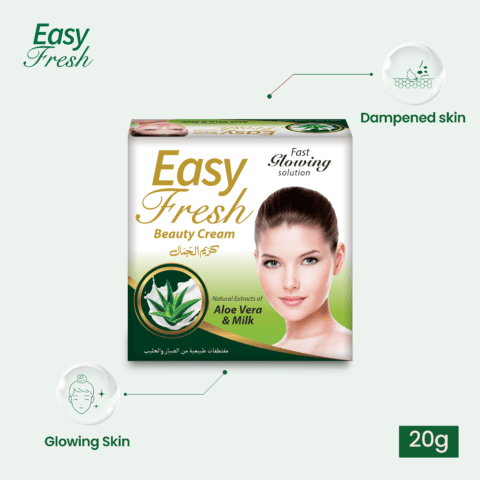Eczema, also known as atopic dermatitis, is a common skin condition characterized by dry, itchy, and inflamed patches on the skin. While there are various traditional treatments available, many individuals seek natural and home remedies to alleviate their symptoms. In this article, we will explore some effective home remedies for eczema that can help manage the condition and promote healthier skin.
1. Introduction
Introduce the topic of eczema and the purpose of the article.
2. Understanding Eczema
Explain what eczema is and its impact on the skin. Discuss the prevalence of the condition and how it affects individuals of all ages.
3. Types of Eczema
Provide an overview of the different types of eczema, including atopic dermatitis, contact dermatitis, nummular eczema, and seborrheic dermatitis. Explain their unique characteristics and symptoms.
4. Causes of Eczema
Explore the underlying causes of eczema, such as genetic factors, immune system dysfunction, environmental triggers, and allergens.
5. Symptoms of Eczema
Outline the common symptoms experienced by individuals with eczema, including dryness, redness, itching, inflammation, and the formation of blisters or crusts.
6. Diagnosing Eczema
Explain how eczema is diagnosed by healthcare professionals, including the visual examination of the affected skin, medical history evaluation, and allergy testing if necessary.
7. Traditional Treatments for Eczema
Discuss the conventional treatment options for eczema, such as topical corticosteroids, antihistamines, and immunomodulators. Emphasize the importance of consulting a healthcare professional for proper diagnosis and treatment.
8. Home Remedies for Eczema
Transition into discussing natural and home remedies for eczema, highlighting their potential benefits and suitability as adjunctive treatments.
8.1 Soothing Baths
Explain the use of soothing baths, such as oatmeal baths or baking soda baths, to relieve itchiness, inflammation, and promote skin hydration.
8.2 Moisturizers and Emollients
Discuss the importance of regular moisturization and the use of emollients to maintain skin hydration and prevent flare-ups. Recommend natural moisturizers like coconut oil or shea butter.
8.3 Natural Oils
Explore the benefits of using natural oils, such as tea tree oil, lavender oil, or chamomile oil, for their anti-inflammatory and soothing properties.
8.4 Diet and Nutrition
Highlight the role of diet in managing eczema symptoms. Discuss foods to avoid, such as dairy, gluten, and processed foods, and recommend incorporating anti-inflammatory foods like fatty fish, leafy greens, and probiotics.
8.5 Managing Stress
Explain the link between stress and eczema flare-ups. Provide relaxation techniques and stress management strategies, such as meditation, yoga, and deep breathing exercises.
8.6 Avoiding Triggers
Educate readers on common triggers that may exacerbate eczema symptoms, such as certain fabrics, harsh soaps, household chemicals, and allergens. Offer tips on how to identify and avoid these triggers.
8.7 Lifestyle Changes
Encourage readers to make lifestyle changes that can help manage eczema, such as wearing breathable fabrics, using fragrance-free products, maintaining a consistent skincare routine, and keeping the environment clean and dust-free.
9. Conclusion
Summarize the main points discussed in the article and reiterate the effectiveness of home remedies for eczema. Encourage readers to try these remedies alongside professional medical advice.
10. Frequently Asked Questions
Provide answers to common questions related to eczema and home remedies.
- Can home remedies completely cure eczema?
- Are there any side effects of using natural oils for eczema?
- How long does it take for home remedies to show results?
- Should I consult a healthcare professional before trying home remedies?
- Are there any specific foods that can trigger eczema?






Leave a comment
Your email address will not be published. Required fields are marked *